
November 13, 2024 – Live from the U.S. Olympic & Paralympic Museum
Parents – Join TrueSport and the U.S. Anti-Doping Agency for a FREE virtual event as we explore mental wellness and the healthy sport family. Together, with athletes, coaches, experts, sports administrators, and youth sport families, we will address the unique mental health stressors facing sport families and chart an evidence-informed path forward with actionable takeaways for families.
RECORDED SESSIONS
Slide Decks and Handouts
Mental Wellness and Healthy Sport Families
Families play a pivotal role in shaping athletes’ attitudes, behaviors, and overall perception of mental well-being. By promoting open communication, resilience, and self-care strategies, sport families can mitigate the stressors inherent in competitive athletics while fostering positive mental attitudes. Moreover, prioritizing mental wellness and the connection to physical activity within sport families not only enhances athletes’ performance but also strengthens familial bonds, creating a supportive ecosystem where individuals feel valued, understood, and empowered to navigate challenges in sport and beyond. As national statistics and stories continue to unveil the scope of the national mental health crisis, sport must own its part in the problem, evolve to champion meaningful change, and implement proactive solutions that help families embrace and implement healthy mental wellness practices.
- FREE to Attend…BECAUSE we believe access to sport opportunities should be available to all athletes and families.
- Practical guidance from leading experts…BECAUSE we believe there are evidence-based practices to a positive sport experience.
- Broadcasting live from the U.S. Olympic and Paralympic Museum…BECAUSE we believe in the values of the Olympic & Paralympic movement.
- Join Team USA athletes to discuss mental wellness…BECAUSE athlete voices matter.
Event Schedule
COMING SOON
WEDNESDAY, NOVEMBER 13, 2024
9:00 a.m. – 4:00 p.m. MT
Introduction
9:00 – 9:20 a.m. MT
Session 1 – NextGen Sports: Building a Sustainable Future for Tomorrow’s Athletes
Judi Brown Clarke, PhD, Tom Farrey, and Tony Snethen
9:20 – 10:20 a.m. MT
As our nation focuses on the safety, accessibility, and governance of youth sports, it’s crucial to adapt to modern challenges. How can families, athletes, and leaders come together to create a positive, engaging, and mentally healthy environment for young athletes? Join us to explore how we can protect the joy of sports and the mental health of our young people, all while ensuring that these experiences reinforce an environment where healthy competition and challenges strengthen the next generation.
10:20 – 10:30 a.m. MT
Deborah Gilboa, MD, Trey Jenifer, PLY, Abby Raymond, and Todd Raymond
Discover how to raise resilient athletes in this empowering session. We’ll explore key strategies for mental wellness and how you, as a parent, can help your child build resilience through their sports experiences. From handling setbacks to fostering a growth mindset, learn how small changes in your parenting can make a big difference in your child’s ability to overcome challenges. Join us for “Resilient Futures” and take a step toward equipping your child with the tools to thrive and grow stronger through adversity.
11:30 a.m. – 12:00 p.m. MT
Session 3 – Tackling Today’s Challenges in Youth Sports
12:00 – 3:00 p.m. MT
Studies indicate a decline in sports participation, worsening health statistics, and rising mental health concerns among young people. Facilitated by leading experts, these sessions will offer practical steps to help families navigate these and other challenges experienced in the evolving sport landscape.
After a brief introduction, participants will engage in “practice makes progress” interactive workshops. Each workshop will focus on key skills that young athletes develop through sports, helping families use sports as a tool to protect and enhance their child’s health and well-being.
- 12:10 – 1:00 p.m. ~ Workshop 1 | Emotionally Fit: Navigating Emotions for Better Mental Health and Sport Performance – Kevin Chapman, PhD, and Abby Raymond – Sports bring out big emotions—thrilling wins, tough losses, and the grind of practice. These experiences are valuable opportunities for young athletes to develop social and emotional intelligence. But as parents, teaching emotional regulation can be tough. Join us to learn how families can harness the power of healthy emotional regulation, not just for overall well-being but also as a competitive edge in sports.
- 1:05 – 1:55 p.m. ~ Workshop 2 | Beyond the Game: Boundaries, Balanced Identity, and Times of Transition in Sport – Jessica Bartley, PsyD, MSSW, LP, LCSW, CMPC and Charron Sumler, PhD, LPCC – “Beyond the Game” is all about helping families create balanced identities and set healthy boundaries for young athletes. With the push toward early specialization, along with the influence of social media, navigating the world of youth sports can be challenging. This session will explore how to foster diverse interests, plan for the future beyond sports, and have the tough but necessary conversations to ensure that sports remain centered on values, character, and real-life connections. Spoiler Alert: A great sport experiences is not just about earning a college scholarship!
- 2:00 – 2:55 p.m. ~ Workshop 3 | Fueling Success: Nurturing the Mind-Body Connection through Sport – Michele Labotz, MD, FAAP, and Stephanie Miezin, MS, RD, CSSD – The connection between physical and mental health is stronger than ever. Join us to discover how families can harness this mind-body link through sports to boost their child’s overall health, wellness, and performance. Learn practical strategies to nurture both aspects for a healthier, more successful athlete experience.
Session 4 – Rekindling Joy: Fun in Sport as Fundamental
Ian Goldberg, Jay Harrison, PhD, LCMHCA, NCC, and Amanda Stanec, PhD
3:00 – 3:50 p.m. MT
When joy is lost, sports lose their meaning for young athletes. As we wrap up the day, we’ll dive into an honest discussion about the need to redefine and improve the sports experience for our families. This session will focus on the importance of clearly defining the purpose of sports for kids and how families can better appreciate the value sports bring to a child’s overall development. Our panel of experts will share insights on how sport families can protect mental wellness, partner with their athletes, and bring fun back to the game.
Closing
Trey Jenifer, PLY
3:50 – 4:00 p.m. MT
Guest Speakers
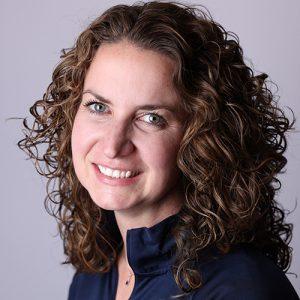
Jessica Bartley, PsyD, MSSW, LP, LCSW, CMPC
Sr. Director, Psychological Services, United States Olympic & Paralympic Committee
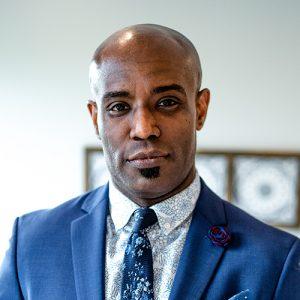
Kevin Chapman, PhD
Licensed Clinical Psychologist, Founder Kentucky Center for Anxiety and Related Disorders
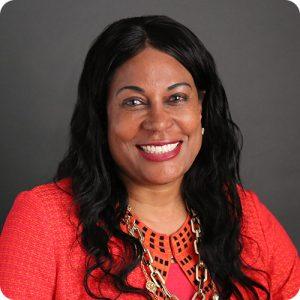
Judi Brown Clarke, PhD
Vice Chair, Board of Directors,
U.S. Anti-Doping Agency
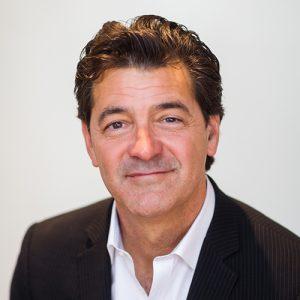
Tom Farrey
Executive Director, Sports & Society Program, The Aspen Institute
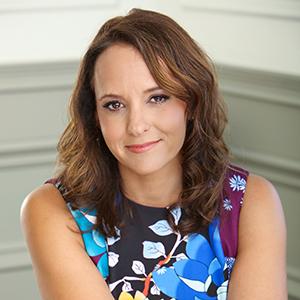
Deborah Gilboa, MD
Board-Certified Family Physician, Founder AskDoctorG.com
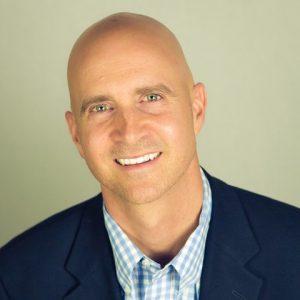
Ian Goldberg
Founder and CEO, iSport360
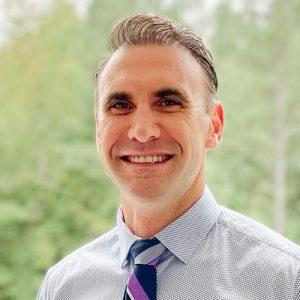
Jay Harrison, PhD, LCMHCA, NCC
Founder, Work in Consulting and Counseling
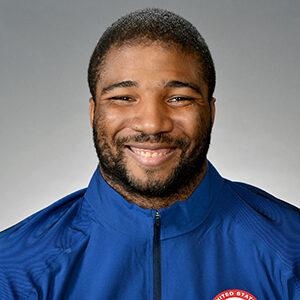
Trey Jenifer
Team USA Paralympian,
Wheelchair Basketball
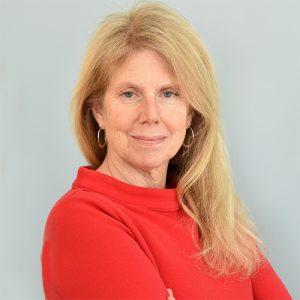
Michele LaBotz, MD, FAAP
Sports Medicine Physician, InterMed Sports Medicine Clinic
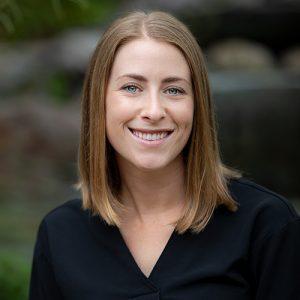
Stephanie Miezin, MS, RD, CSSD
Registered Dietitian, KC Current Director of Nutrition
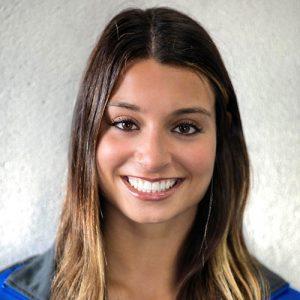
Abby Raymond
USA National Team Member, Weightlifting
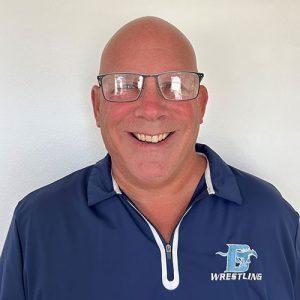
Todd Raymond
Sport Parent
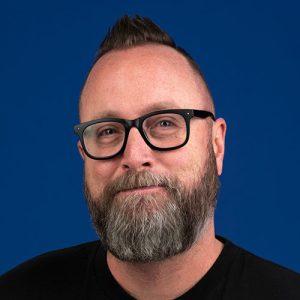
Tony Snethen
Vice President of Brand Innovation and Agency lead of Pine Tar Collective, Kansas City Royals
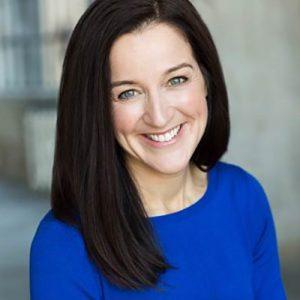
Amanda Stanec, PhD
Founder, MOVE+LIVE+LEARN
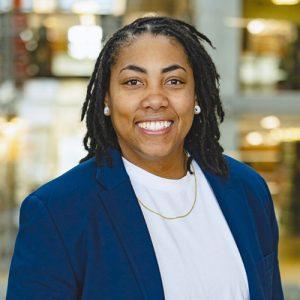
Charron Sumler, PhD, LPCC
Sport Psychotherapist, The Ohio State University, Department of Athletics
Academic Advisory Panel
As the conversation around mental health and wellness continues to garner national attention, TrueSport, the outreach education arm of the U.S. Anti-Doping Agency, seeks to take a deeper look into the challenges coaches, sport administrators, and families are facing with their student-athletes. In connection with the second TrueSport Talks Symposium, TrueSport has enlisted an academic panel to build out a practical, concise, and evidence-based recommendations report. This report will focus wholistically on athlete well-being and suggest a systems approach to help identify opportunities to decrease stigma and increase the overall health of developmental sport culture.
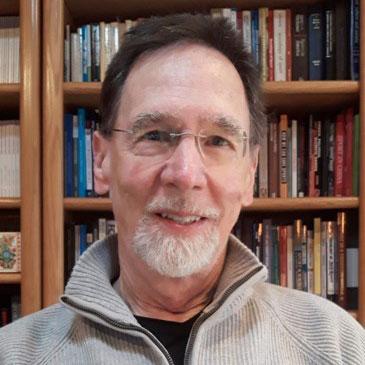
Jay Coakley, PHD
Professor Emeritus of Sociology, University of Colorado at Colorado Springs
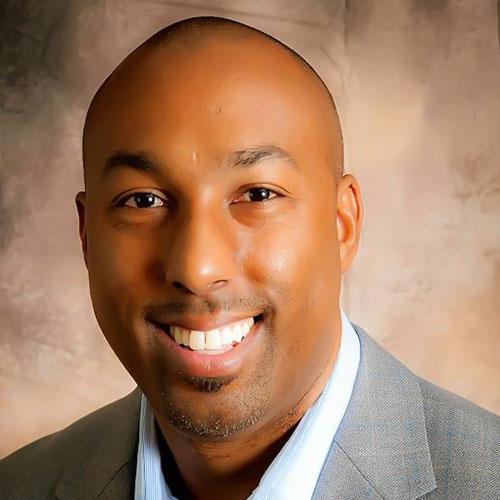
Eddie Comeaux, phd
Executive Director, Center for Athletes' Rights and Equity at UC Riverside
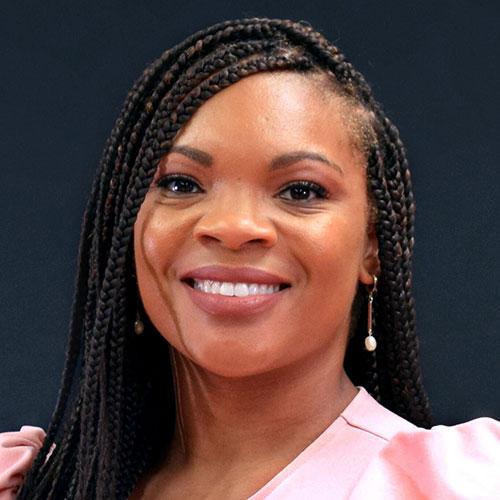
Tomika Ferguson, phd
Assistant Dean and Assistant Professor, School of Education at Virginia Commonwealth University
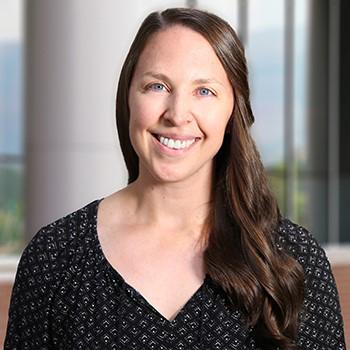
Jessica Kirby, phd
Associate Director, Center for Critical Sports Studies, University of Colorado at Colorado Springs
Previous Events
Testimonials from the 2023 TrueSport Talks.
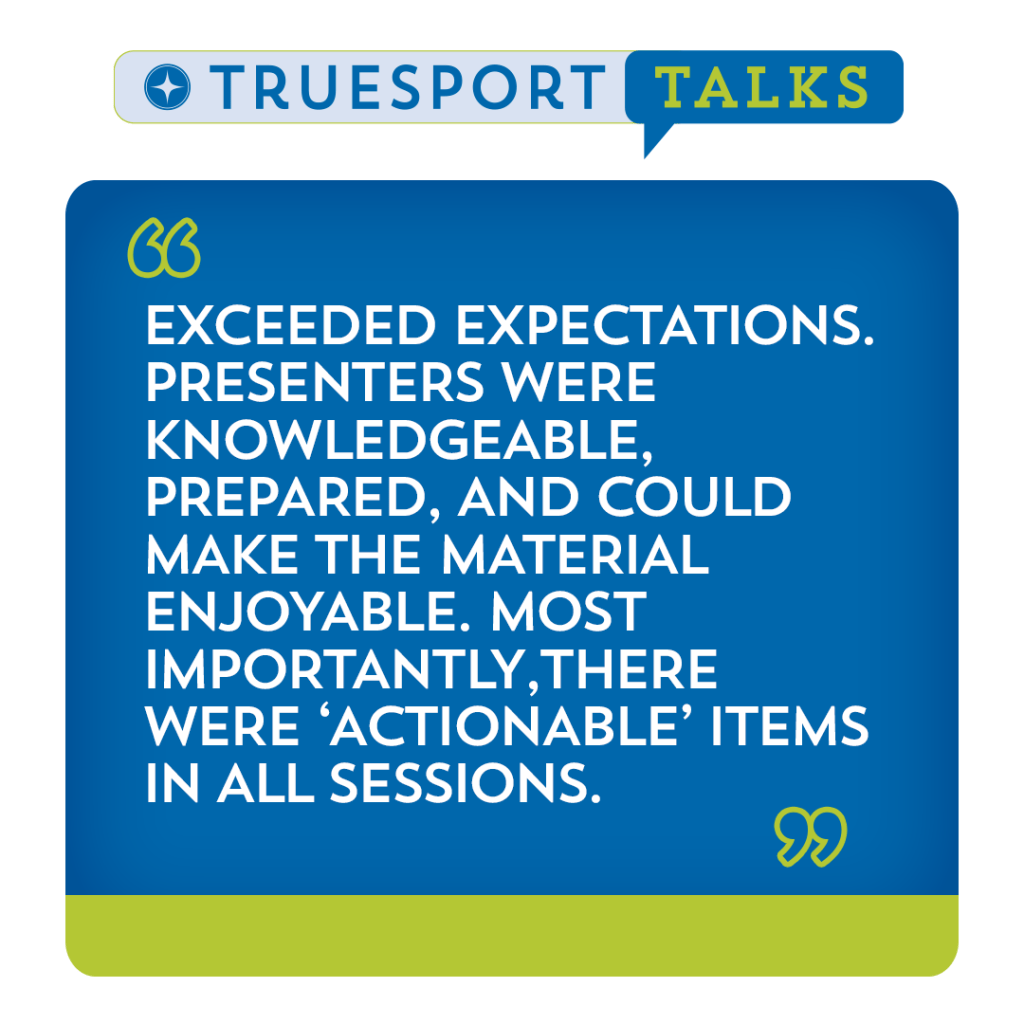
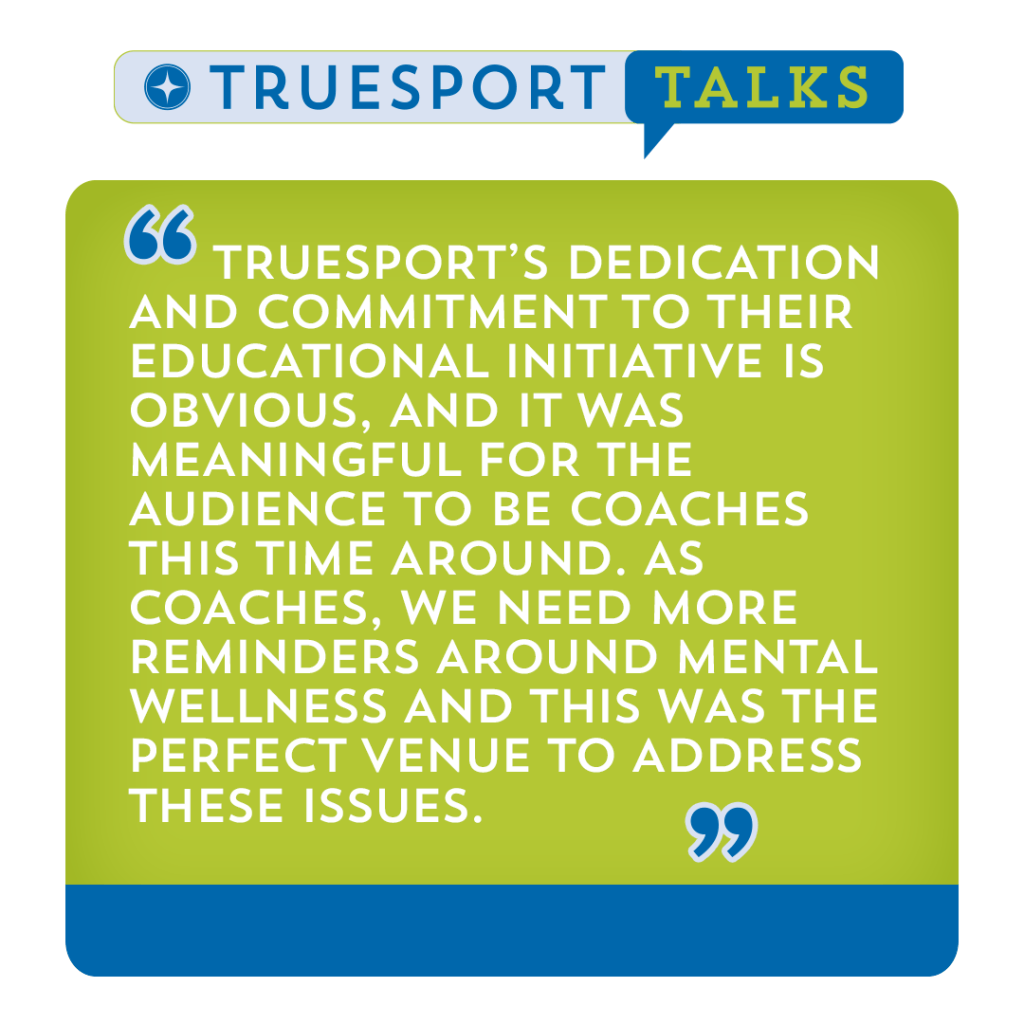
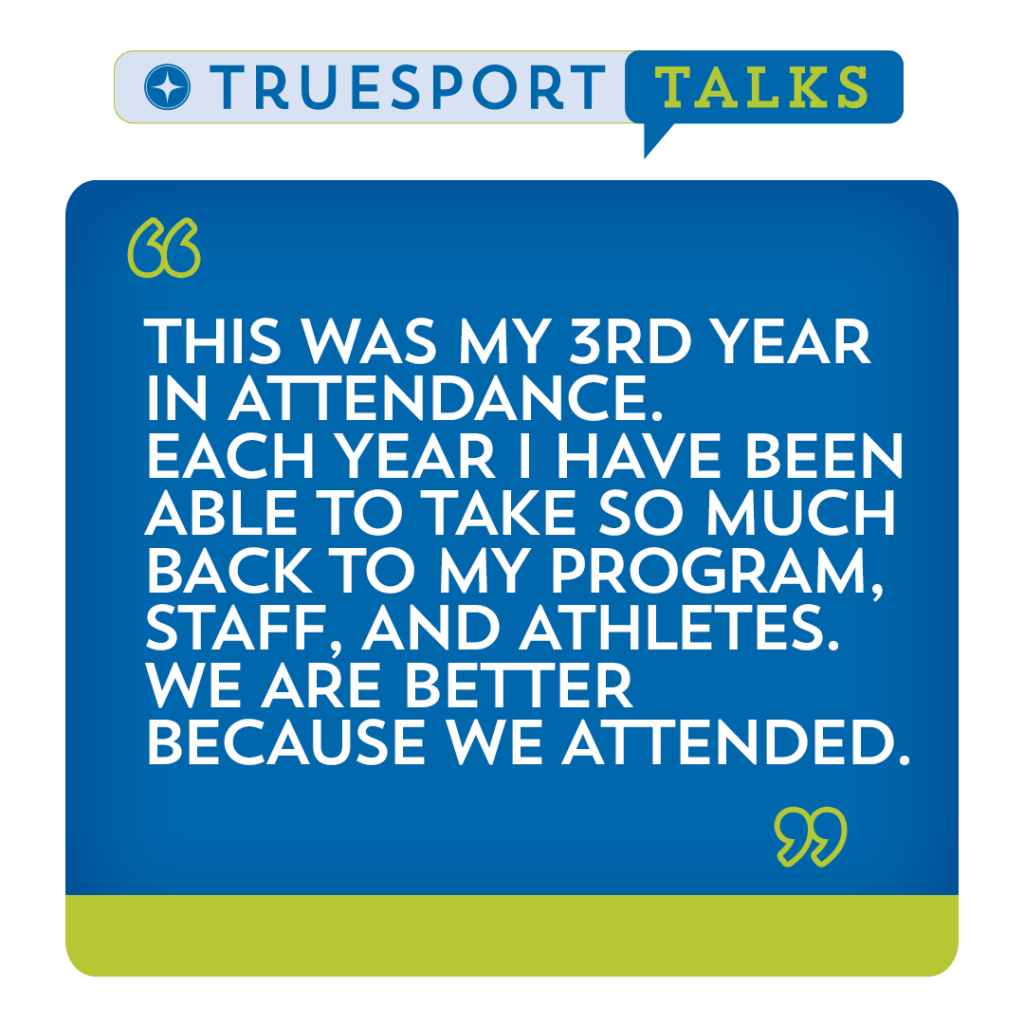
Registration
Thank you to everyone who attended this year’s event!
Register by September 30 to receive a free copy of the TrueSport Mental Wellness lesson!

In collaboration with



With support from

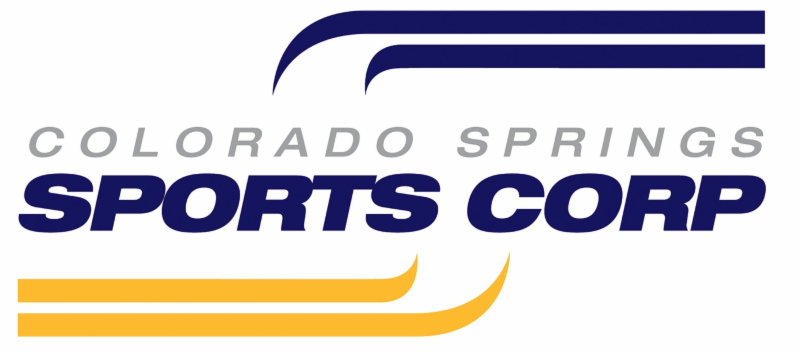
Join the TrueSport Network…
And get weekly articles, videos, surveys, updates and more! Subscribe Now!
By providing TrueSport tools and resources to a community of TrueSport advocates, like you, the TrueSport mission of changing the culture of youth sport comes to life in communities across the country. Together, we can change the culture of youth sport and better equip tomorrow’s leaders for lasting success.
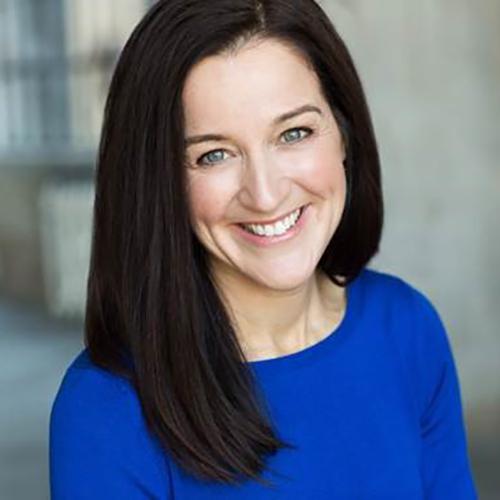
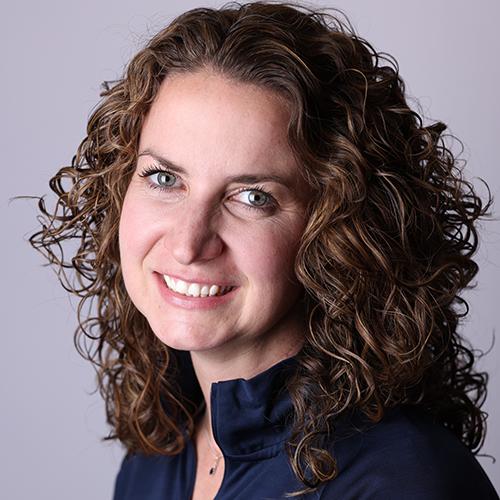 Jessica Bartley, PsyD, MSSW, LP, LCSW, CMPC
Jessica Bartley, PsyD, MSSW, LP, LCSW, CMPC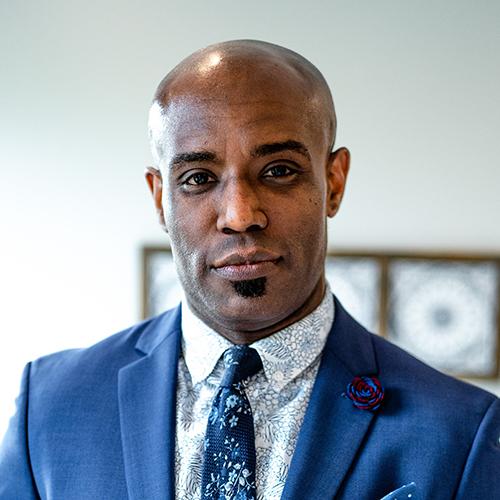 Kevin Chapman, PhD
Kevin Chapman, PhD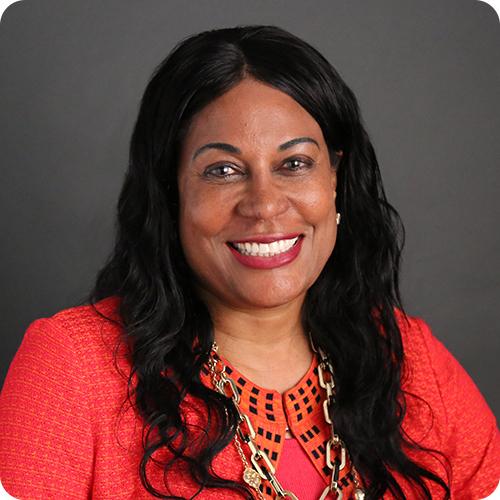 Judi Brown Clarke, PhD
Judi Brown Clarke, PhD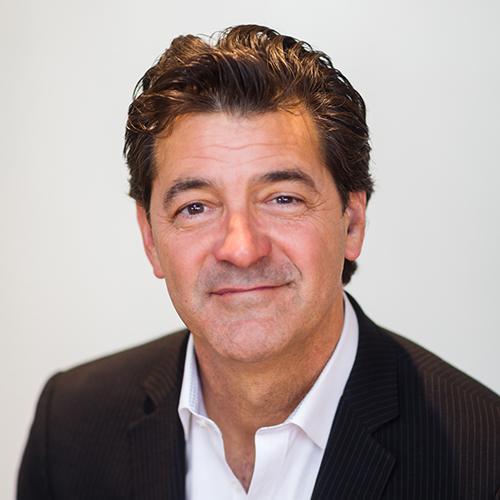 Tom Farrey
Tom Farrey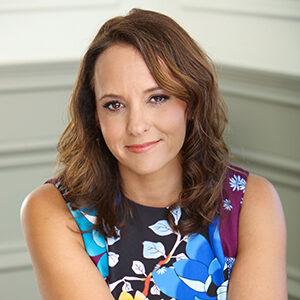 Deborah Gilboa, MD
Deborah Gilboa, MD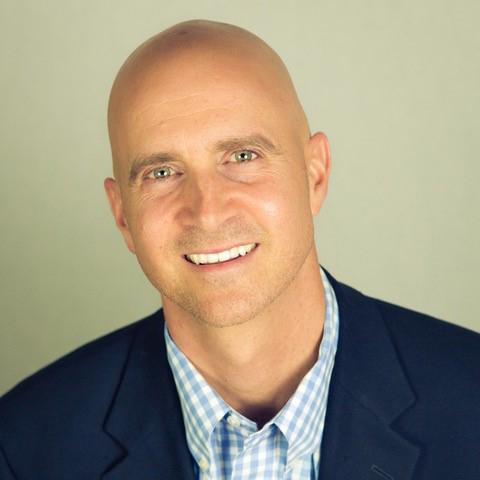 Ian Goldberg
Ian Goldberg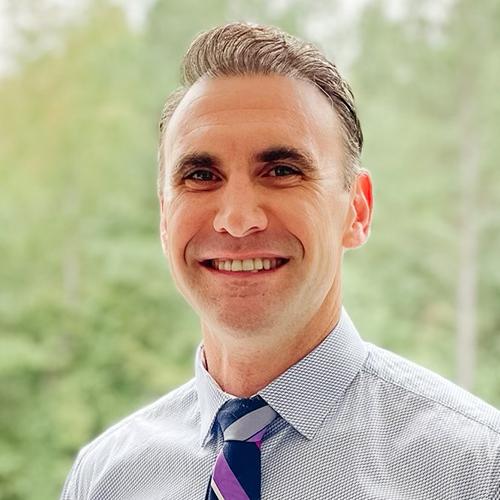 Jay Harrison, PhD, LCMHCA, NCC
Jay Harrison, PhD, LCMHCA, NCC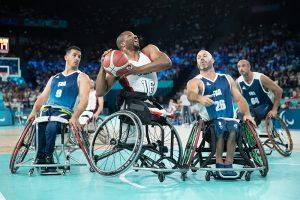
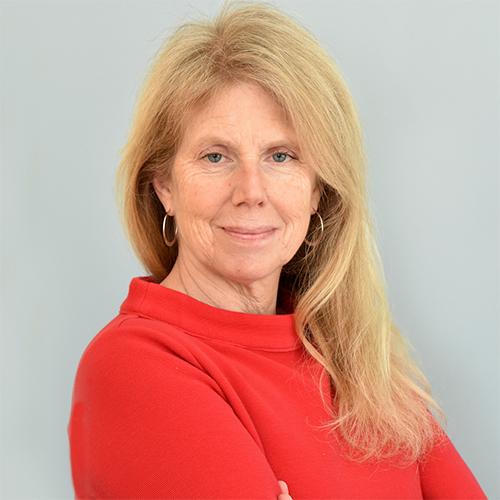 Michele LaBotz, MD, FAAP
Michele LaBotz, MD, FAAP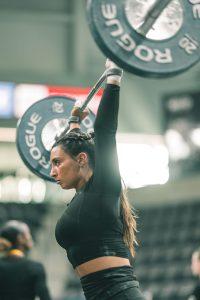
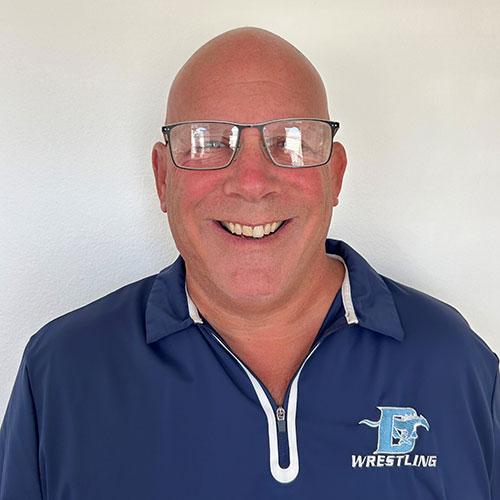 Todd Raymond
Todd Raymond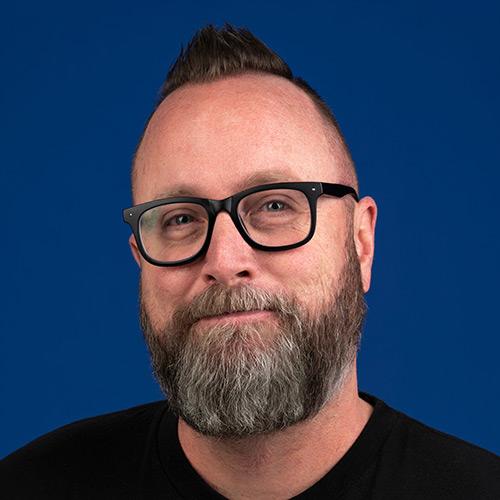 Tony Snethen joined the Royals in June 2021 as the Vice President of Brand Innovation and Agency lead of Pine Tar Collective, following a 17-year run with VMLYR as the Executive Creative Director. He has been recognized globally for award-winning work on brands such as Gatorade, Dicks Sporting Goods, Pepsi, Red Bull, among many others.
Tony Snethen joined the Royals in June 2021 as the Vice President of Brand Innovation and Agency lead of Pine Tar Collective, following a 17-year run with VMLYR as the Executive Creative Director. He has been recognized globally for award-winning work on brands such as Gatorade, Dicks Sporting Goods, Pepsi, Red Bull, among many others.